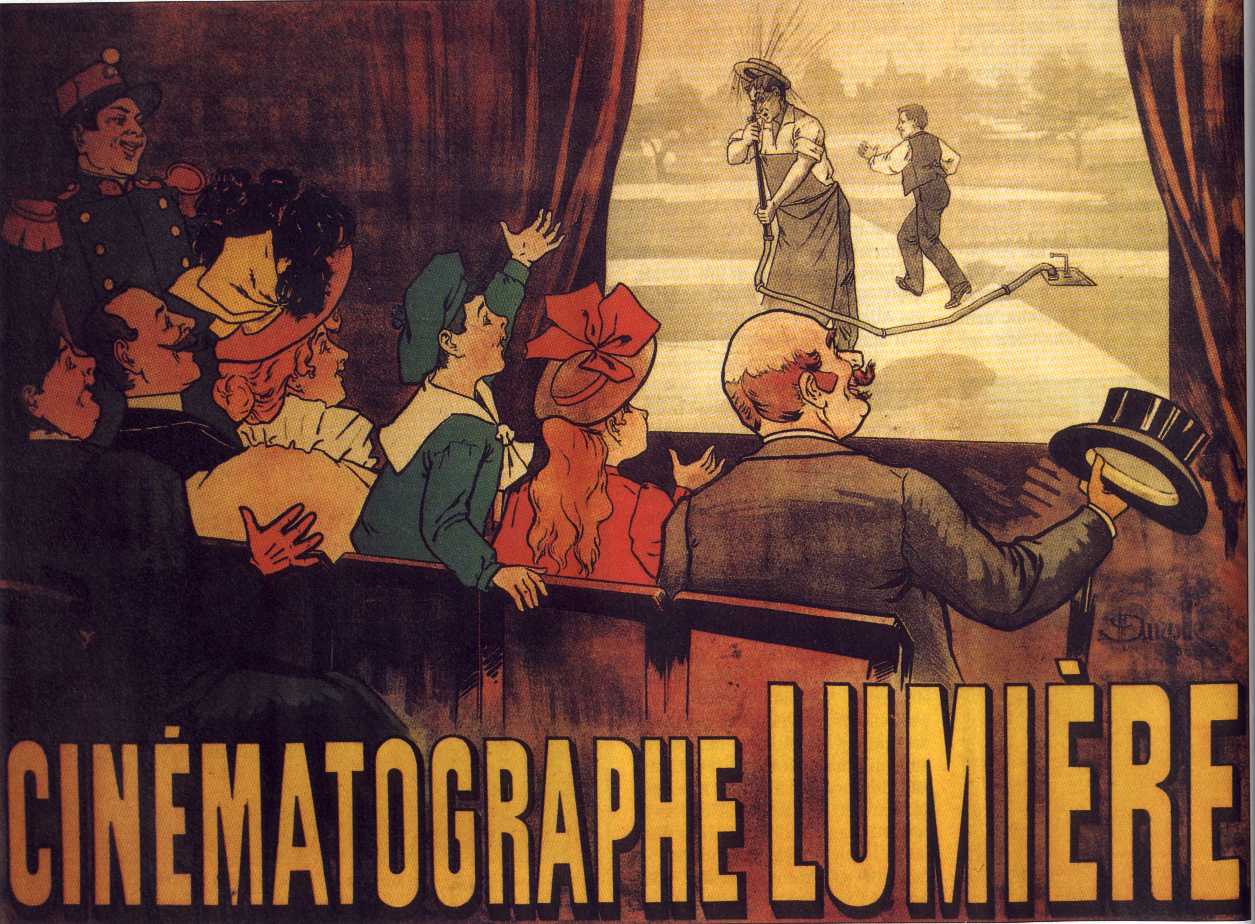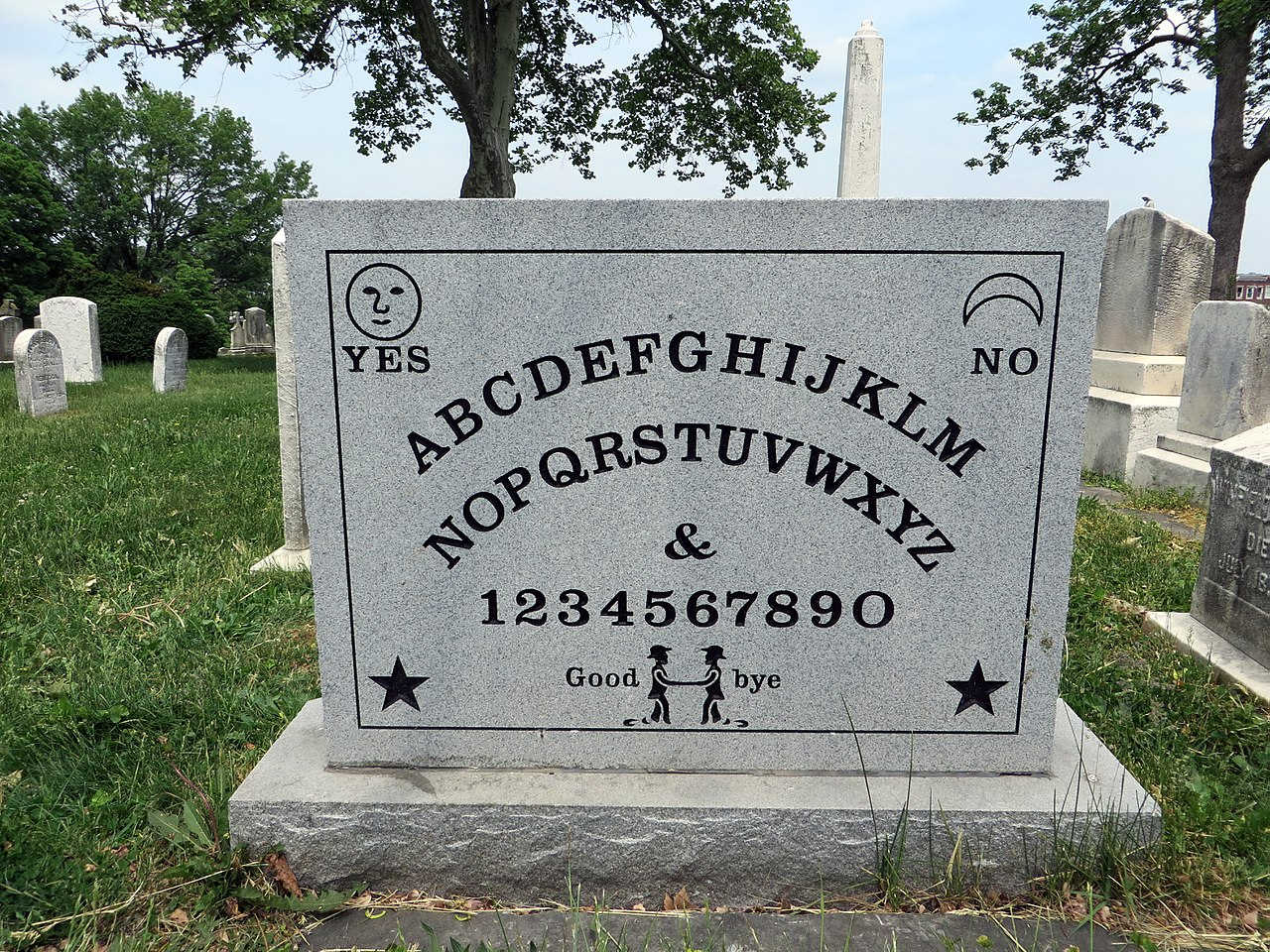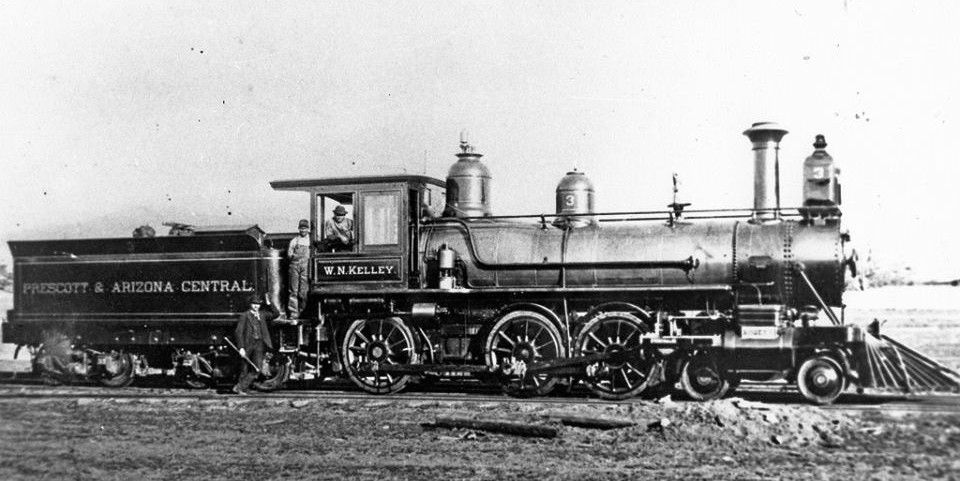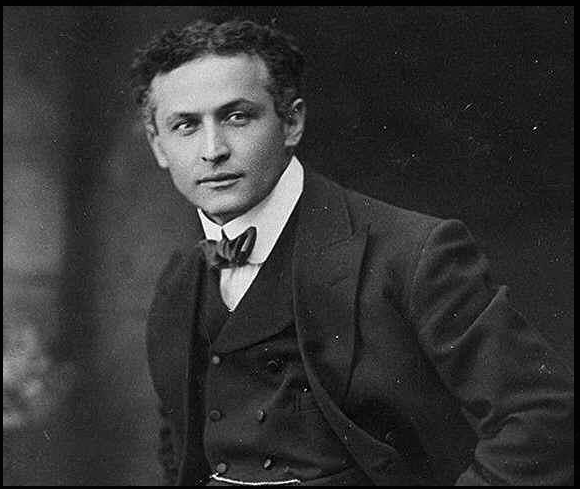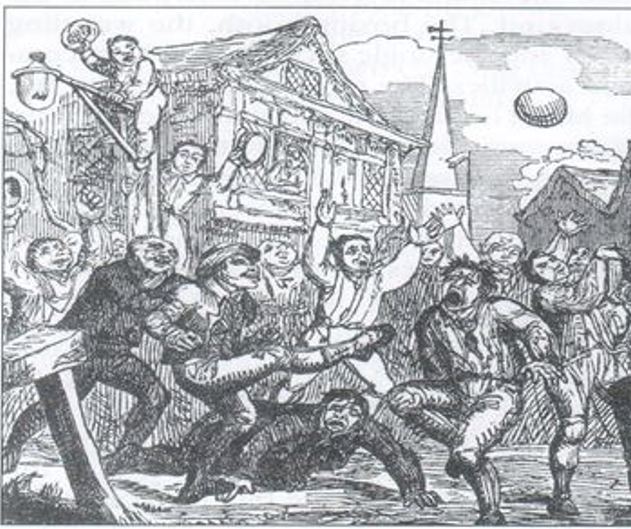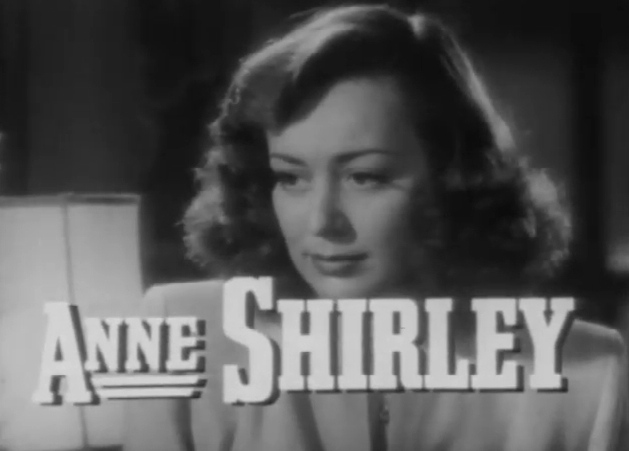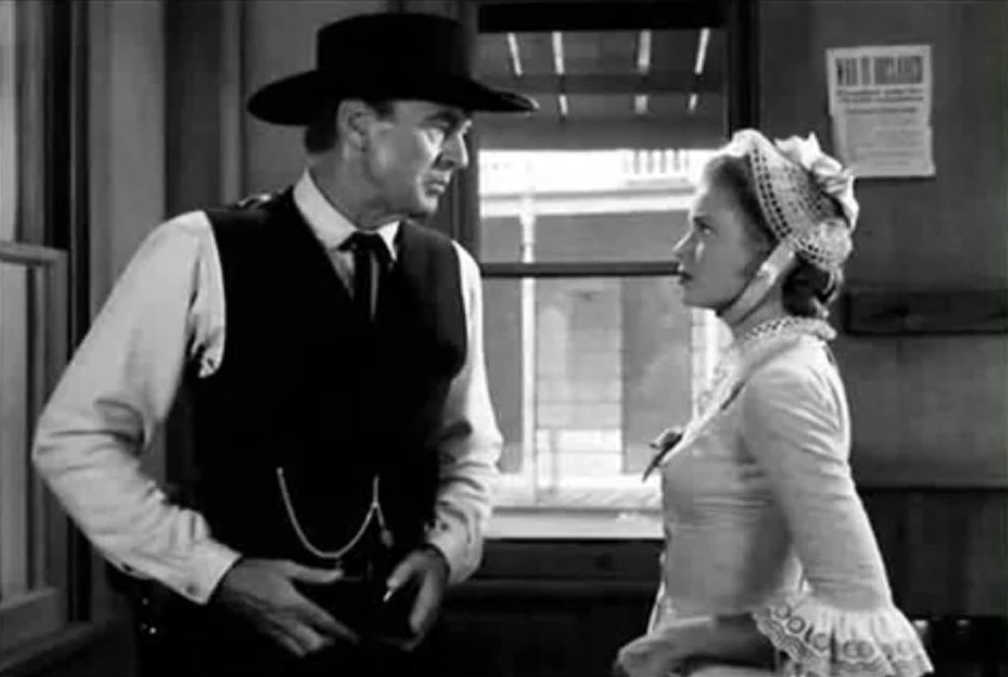
High Noon unfolds in real time — the running time of the story closely parallels the running time of the film itself. Producer Stanley Kramer said that the filmmakers hoped this would “create a sense of urgency as the noon hour approached.” Director Fred Zinnemann wrote the word CLOCK next to many scenes in his script, and he prepared a list of inserts in which clocks would be prominently visible:
Scene 36 — Marshal’s Office — Clock 10:40 a.m.
Scene 60 — Marshal’s Office — Clock 10:51 a.m.
Scene 76 — Helen’s Room — Clock 10:55 a.m.
Scene 86 — Marshal’s Office — Clock 11:02 a.m.
Scene 96 — Helen’s Room — Clock 11:05 a.m.
Scene 101 — Marshal’s Office — Clock 11:07 a.m.
Scene 130 — Saloon — Clock 11:19 a.m.
Scene 144 — Mart Howe’s House — Clock 11:26 a.m.
Scene 231 — Saloon — Clock 11:44 a.m.
Scene 256 — Hotel Lobby — Clock 11:50 a.m.
Scene 303 — Saloon — Clock 11:59 a.m.
Scene 312 — Saloon — Clock 12:00 p.m.
An insert for Scene 294 was never shot — it would have started on a pendulum and panned up to show a clock with no hands, superimposed on a closeup of Gary Cooper’s Will Kane. Zinnemann said he’d got the idea from a handless clock he’d seen in front of a funeral home on Sunset Boulevard. He said it “would have intensified the feeling of panic.”
(From Michael Francis Blake, Code of Honor, 2003.)

